Paul Scholes (Part 1)
Paul Scholes (Part 1)

Paul Scholes is a legendary figure in English football, known for his remarkable career with Manchester United and his contributions to the England national team. Born on November 16, 1974, Scholes emerged from the renowned Manchester United academy as part of the famous "Fergie's Fledglings" group nurtured under the management of Sir Alex Ferguson.
During his illustrious playing career with Manchester United, which spanned from 1993 to 2013, Scholes amassed over 700 appearances and scored more than 150 goals. He played a pivotal role in the club's success, winning an impressive 25 trophies, including 11 Premier League titles, two FA Cups, and two UEFA Champions League titles. His technical proficiency, precise passing, intelligent positioning, powerful long-range shooting, and goal-scoring prowess earned him acclaim as one of the finest midfielders of his generation.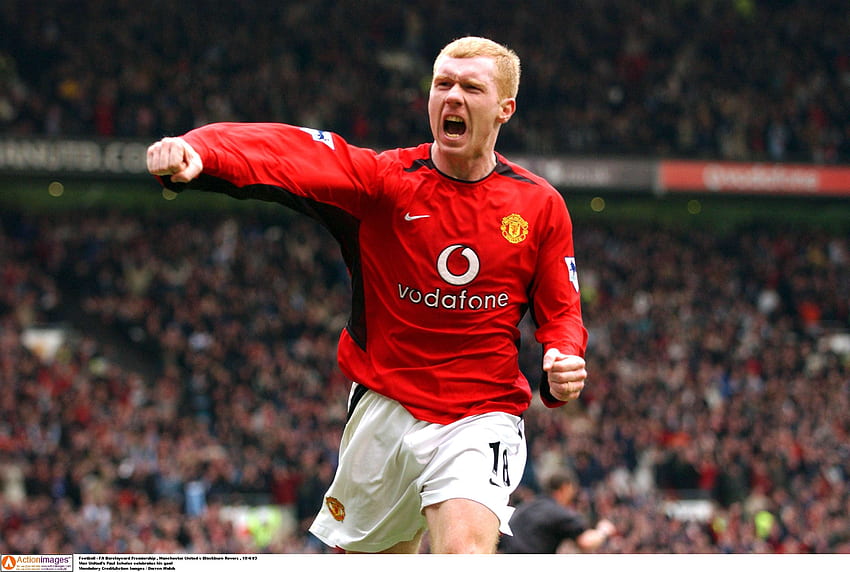
Scholes made his full debut for Manchester United in the 1994-95 season and went on to become one of the club's most iconic players. Despite announcing his retirement from playing in May 2011, he returned to the pitch in January 2012 for one final season before retiring for the second time in May 2013. Following his playing career, Scholes transitioned into coaching, initially at Manchester United.
On the international stage, Scholes represented England from 1997 to 2004, earning 66 caps and participating in major tournaments such as the FIFA World Cup in 1998 and 2002, as well as the UEFA European Championships in 2000 and 2004. He retired from international football in August 2004 to focus on his family and club commitments with Manchester United.
In terms of managerial experience, Scholes had brief stints as the manager of Oldham Athletic for 31 days in February and March 2019. He also served as an interim manager for Salford City in 2020. Throughout his career, both as a player and a coach, Scholes has left an indelible mark on the footballing world, earning widespread respect and admiration for his exceptional talents and achievements.
Paul Scholes, born on November 16, 1974, in Salford, Greater Manchester, hails from a background of Irish and Northern Irish descent. His maternal grandmother originated from Ireland, while his grandfather was from Northern Ireland. Scholes spent his early years in Langley, Greater Manchester, where his family moved when he was just 18 months old. They resided on Bowness Road and Talkin Drive in Langley.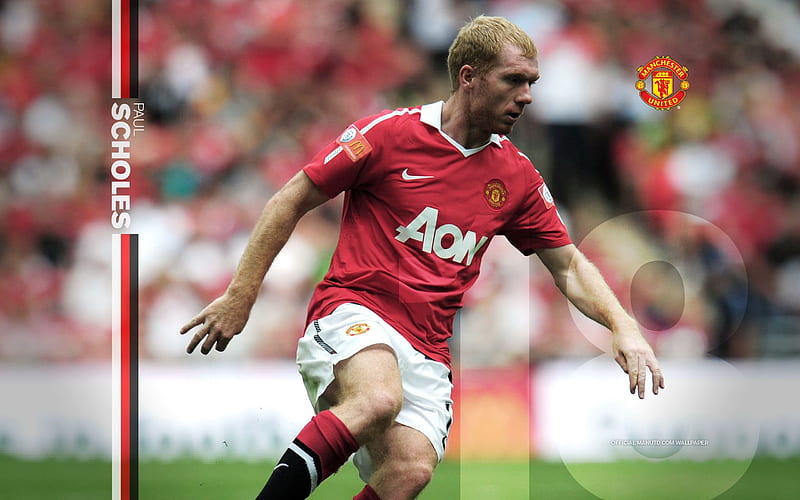
Scholes attended St Mary's RC Primary School in Langley, where he began showcasing his footballing talents. He also displayed prowess in cricket during his youth. At the age of 14, Scholes caught the attention of Manchester United scouts and commenced training with the club. Following his schooling at Cardinal Langley Roman Catholic High School in Middleton, he joined Manchester United as a trainee in the summer of 1991.
During his final term at school, Scholes was selected to represent the Great Britain National Schools team in football, reflecting his early promise and talent on the pitch. These formative years laid the foundation for Scholes's remarkable journey in football, which would see him become one of the most revered and accomplished midfielders in the sport's history.
Paul Scholes emerged as a promising talent during his time in the Manchester United youth setup. He was part of the youth team that reached the final of the FA Youth Cup in the 1992–93 season, showcasing his potential alongside fellow talent Phil Neville.
Scholes made his professional breakthrough on 23 July 1993 when he turned professional with Manchester United. However, it wasn't until the 1994–95 season that he firmly established himself in the senior squad. He made his debut on 21 September 1994, making an immediate impact by scoring both goals in a 2–1 victory over Port Vale in the League Cup. Three days later, he made his league debut against Ipswich Town, finding the net in a 3–2 defeat. Scholes continued to impress, scoring crucial goals throughout the season, including a brace against Queens Park Rangers and opening his league account at Old Trafford against Coventry City.
The following season, 1995–96, saw Scholes seize more first-team opportunities, particularly after the departure of Mark Hughes to Chelsea. He scored 14 goals across all competitions as Manchester United secured the double, becoming the first English team to achieve this feat twice.
Scholes played a pivotal role in the historic 1998–99 season, where Manchester United achieved an unprecedented treble of Premier League, FA Cup, and UEFA Champions League titles. He scored crucial goals in key moments, including in the FA Cup final against Newcastle and an away goal against Inter Milan in the Champions League quarter-final. Despite missing the final against Bayern Munich due to suspension, Scholes's contributions throughout the season were instrumental in Manchester United's historic triumphs.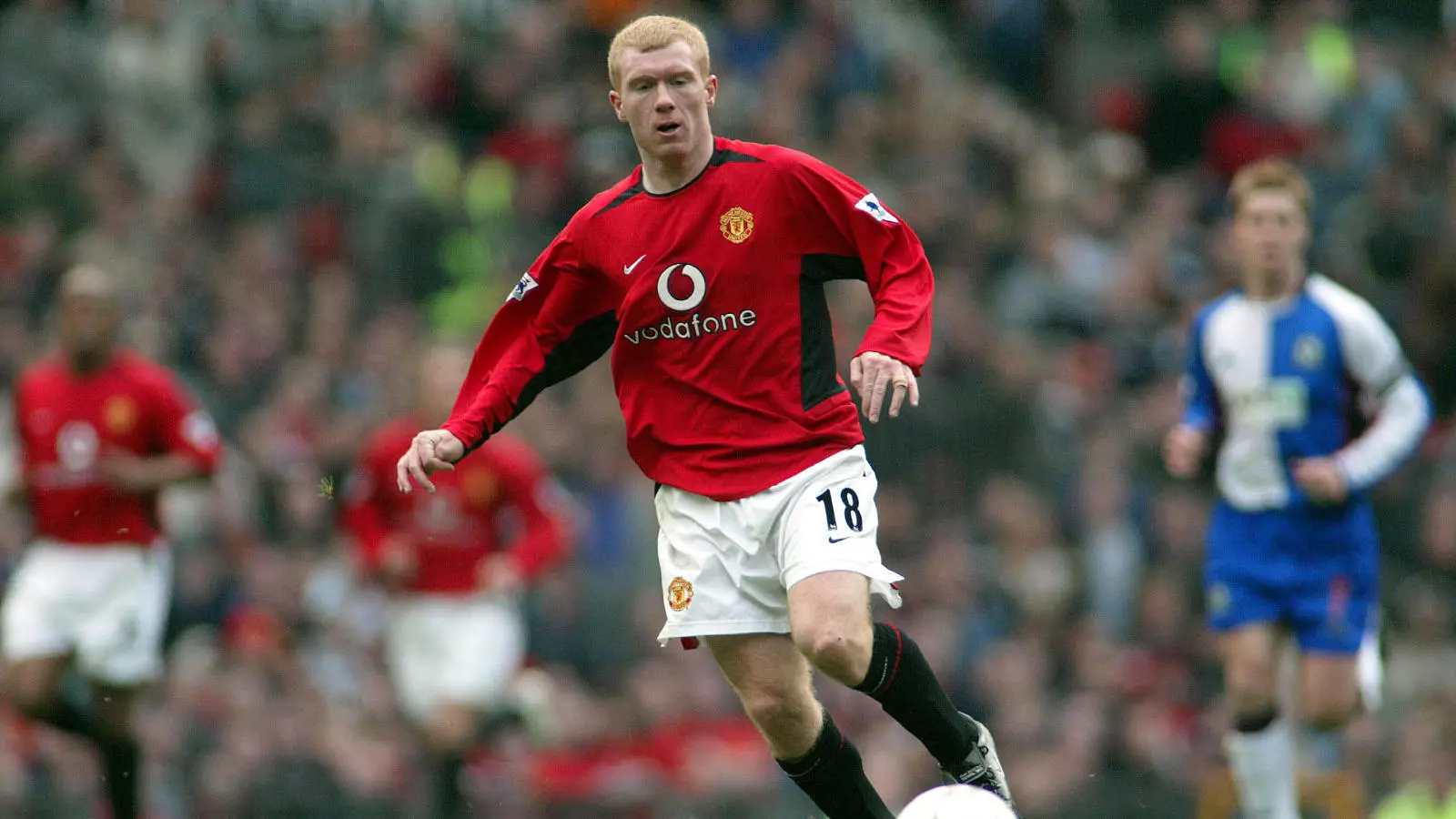
During the 1999–2000 season, Paul Scholes showcased his incredible talent with one of the most memorable goals of his career. On 25 March 2000, against Bradford City, he received a corner from David Beckham and volleyed it into the net from the edge of the area, even forcing Dwight Yorke to duck as the ball sailed over him. Just a week later, Scholes achieved another milestone by scoring his first hat-trick for Manchester United in a 7–1 victory over West Ham United, extending United's lead in the league.
As the 2001–02 season approached, Manchester United secured the signing of Juan Sebastián Verón, which prompted Sir Alex Ferguson to adjust the team's formation to accommodate both Scholes and Verón. Scholes often played in the withdrawn striker role behind Ruud van Nistelrooy, with Roy Keane and Verón occupying central midfield positions. In European away fixtures, Scholes frequently partnered with Verón in central midfield, while Keane anchored the midfield.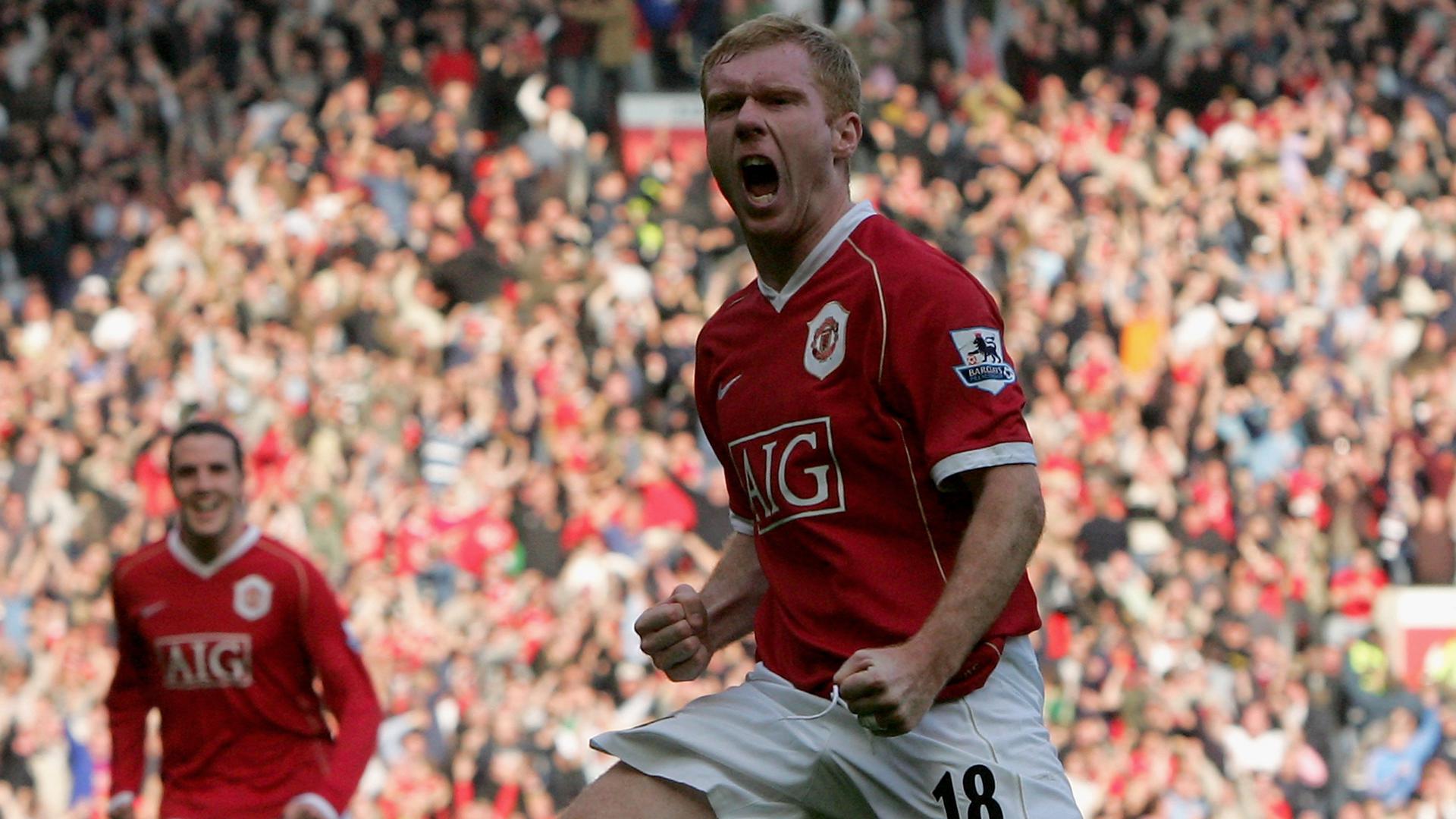
Scholes enjoyed a prolific season in 2002–03, netting a career-high of 20 goals in all competitions, including a memorable hat-trick in a 6–2 victory against Newcastle United. Despite slightly fewer goals the following year, Scholes continued to make significant contributions, including scoring the winning goal in the 2003–04 FA Cup semi-final against Arsenal. Although United triumphed in the final against Millwall, it marked Scholes's last FA Cup medal.
In the 2005 FA Cup final against Arsenal, Scholes had the chance to make an impact, but saw his penalty saved by Jens Lehmann as United ultimately lost in a penalty shoot-out. Unfortunately, Scholes faced setbacks in the 2005–06 season due to blurred vision, which raised concerns about his future in the sport. However, he overcame this obstacle and returned to the field for United's final game of the season against Charlton Athletic.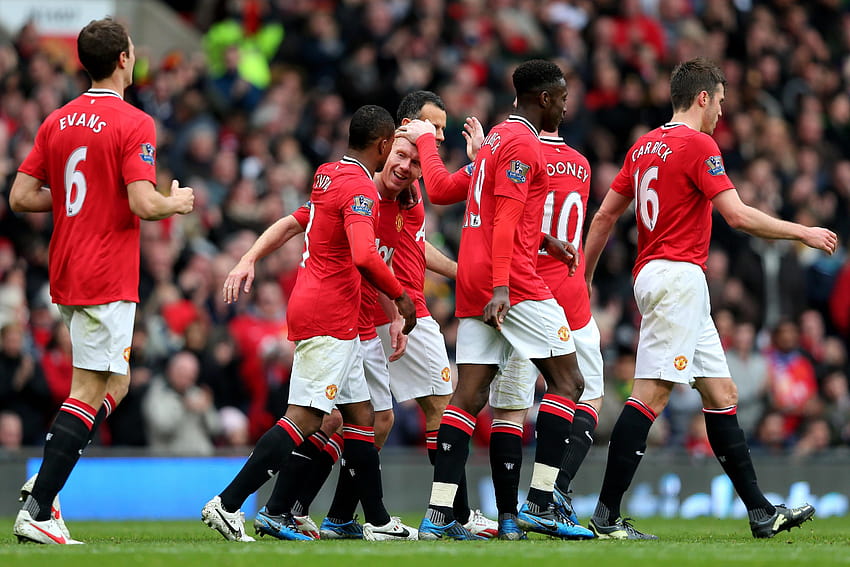
On 22 October 2006, Scholes reached a significant milestone by becoming the ninth Manchester United player to reach 500 appearances for the club, joining the ranks of legends like Bobby Charlton, Bill Foulkes, and Ryan Giggs. He continued to demonstrate his brilliance on the field, earning recognition with his inclusion in the PFA Team of the Year for the 2006–07 season. Despite receiving a red card in matches against Liverpool and Roma, Scholes's performances remained exemplary, solidifying his status as a Manchester United icon.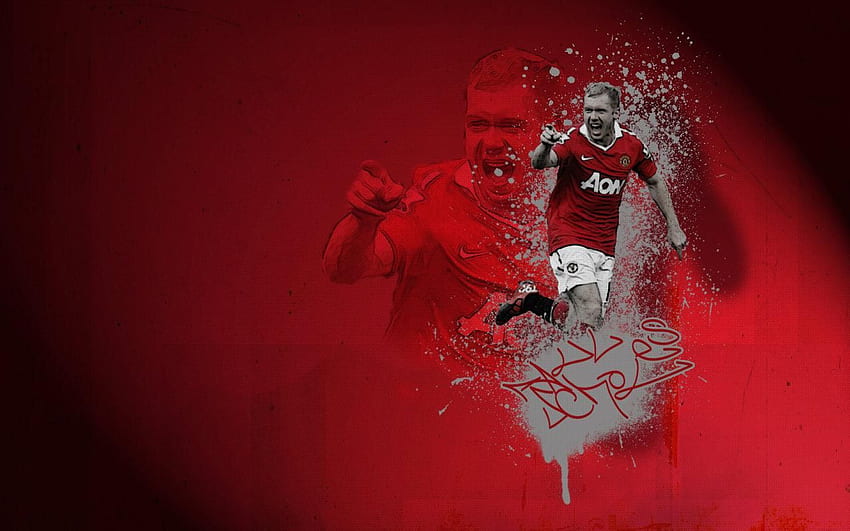
References
- "Paul Scholes: Overview". Premier League. Retrieved 17 November 2023.
- ^ "The big interview: Paul Scholes – "People blamed Sven for me quitting England, but I'd played on the wing for Man United and scored a lot of goals"". FourFourTwo. 19 April 2017.
- ^ "Francesco Totti turns 40: Football's greatest one-club men". The Daily Telegraph. 27 September 2016. Archived from the original on 11 January 2022.
- ^ Farah, Yoosof. "Paul Scholes: Why United Legend Is Best Midfielder of the Premier League Era". Bleacher Report. Retrieved 1 July 2020.
- ^ Tighe, Sam. "50 Greatest Midfielders in the History of World Football". Bleacher Report. Retrieved 1 July 2020.
- ^ "Sir Alex Ferguson's Old Trafford farewell in pictures". BBC Sport. 12 May 2013.
- ^ "Paul Scholes: Manchester United midfielder's career in pictures". BBC Sport. 12 May 2013.
- a b Dickinson, Matt (3 August 2004). "Scholes quits England". BBC Sport. Retrieved 19 February 2009.
- ^ "Paul Scholes". Barry Hugman's Footballers. Retrieved 23 March 2024.
- ^ Connaughton, Gary (7 November 2023). "13 Big Name Players That Were Eligible To Play For Ireland". Balls.ie.
- ^ "Paul Scholes: I really like the look of Jack Grealish. He has promise. I just hope he chooses England!". The Independent. Archived from the original on 25 May 2022. Retrieved 24 April 2015.
- a b c "Manchester – BBC Radio Manchester – Paul Scholes on Langley". BBC Manchester. Retrieved 8 April 2012.
- a b Jackson, Jamie (18 May 2008). "Simply the best". The Observer. London. Retrieved 19 December 2008.
- ^ Oliver, Pete (12 June 2003). "Old Trafford band of brothers prepare for split". The Scotsman. Edinburgh. Retrieved 19 December 2008.





















































